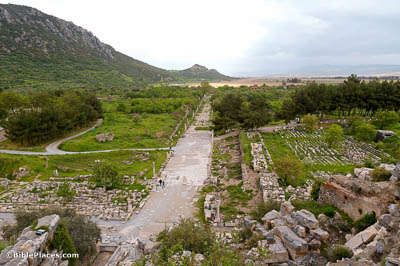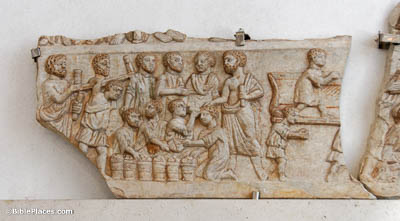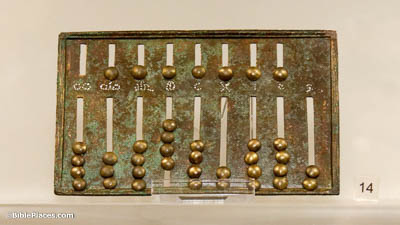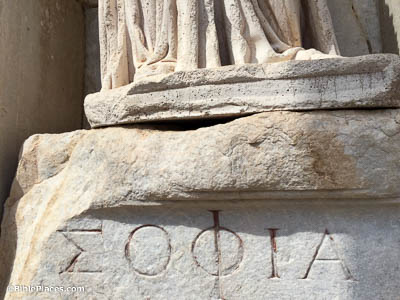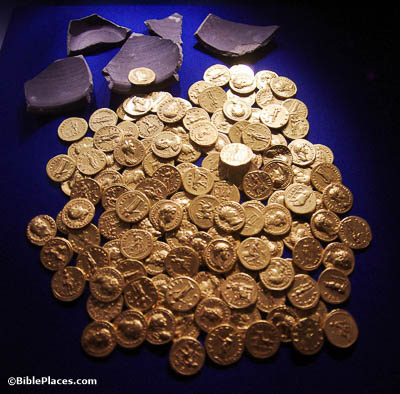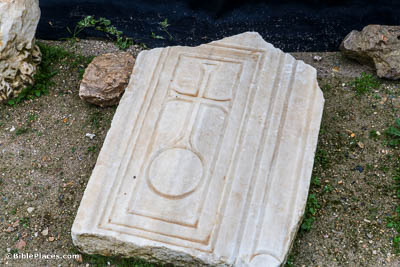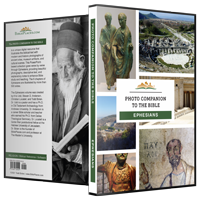To the saints who are in Ephesus and are faithful in Christ Jesus (Ephesians 1:1).
Ephesus was in every respect the leading city of Asia Minor, and it was one of the four great cities of the Roman Empire—the other three being Rome, Alexandria, and Syrian Antioch. Politically, it was the provincial capital of Asia, and it was the seat of the proconsul, the official who was set over the whole senatorial province of Asia (cf. Acts 19:38). Ephesus was also a free city, allowing it a measure of self-governance, and members of the Roman Senate were to be chosen from among its citizens.
